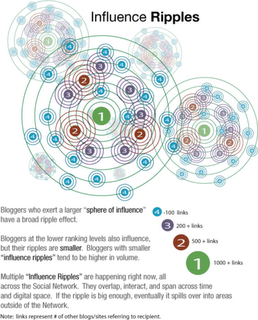
Via Elsua I found and was able to watch the 14-minutes video with Ludovick Leon Shirima, community leader of the Poverty Analysis Community (PAC) interviewing Frannie Leautier, the World Bank Vice President. You can view it too here
You can watch it in 4 separate parts too:
- The PAC and knowledge sharing
- What does the PAC add to the World Bank?
- The PAC benefits for the World Bank?
- What is the impact of the PAC community of practice on World Bank clients?
Some highlights: The whole approach of communities of practice is based on the idea that people get knowledge around the coffee machine, and hence CoPs work to make learning easy and flexible.The thematic groups (the CoPs in the World Bank) deal with immediately relevant and available knowledge. Lessons learned flow from the CoP into the World Bank. It hence helps the World Bank to learn from the outside.
How to keep people interested if they are not meeting face-to-face (from the interview you'd assume the PAC functions completely virtually)? If you have a good topic or domain and real practitioners, you can create excitement with real creation of ideas. If you have this, you can manage to keep people connected and create more value in the long run. You keep people connected to each other and the materials. Plus you can identify knowledge gaps easily by the CoP.
Impact on clients of the World Bank can be enhanced by linking the CoP to other CoPs. It is important to make sure members of the CoP are linked to changes and policy discussion. They could work with the media and hence disseminate the agenda.













